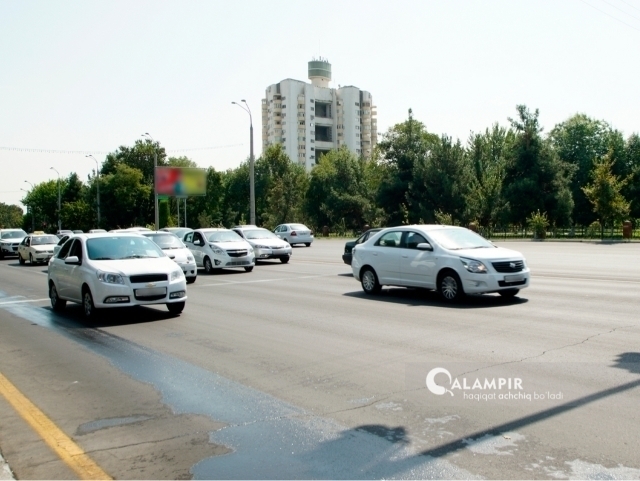The proposal was given to increase fines for certain violations while decreasing penalties for window tinting
Local
−
09 July 2024 7428 2 minutes
Uzbekistan plans to reduce fines for window tinting and raise penalties for violations endangering pedestrian safety, according to the Strategic Reforms Agency.
The agency's study on administrative measures found that the current lack of mechanisms for setting fines leads to disproportionate penalties for offenses.
Due to unregulated areas, state bodies are increasingly initiating bills to revise fine amounts, as stated in the report.
Notably, while the fine for unauthorized car window tinting in Uzbekistan remains high at 8.5 million soums, the cost of a permit has decreased significantly from 11-13 million soums to 2.7 million soums. In comparison, fines in Kazakhstan are 468 thousand soums, in Russia - 60 thousand soums, and in Belarus - 138 thousand soums.
The report emphasizes that violations affecting public health and safety, such as traffic accidents resulting in injuries and fatalities, are more critical than fines for unauthorized tinting. In 2023, Uzbekistan witnessed 9,839 traffic accidents, resulting in injuries to 9,209 individuals and 2,282 fatalities.
The agency recommends revising fines for offenses directly impacting public safety, such as driving on sidewalks (170,000 soums) or pedestrians crossing at unauthorized spots (113,000 soums). For comparison, fines in Germany are 1.1 million soums, in the UK - 1.6 million soums, in France - 1.85 million soums, and in the UAE - 1.7 million soums.
Several countries including Belarus, Latvia, Kazakhstan, Russia, Germany, and Italy have introduced a "warning" system as a form of administrative punishment for non-serious violations, unlike Uzbekistan where it's not used.
According to Uzbekistan's Code of Administrative Responsibility (Article 23), there are 7 types of administrative punishments available, but "warning" is not included.
Consequently, the Strategic Reforms Agency proposes:
- Reviewing current fine amounts for fairness.
- Considering increased fines for offenses affecting human health and life.
- Conducting a comprehensive anti-corruption review of the Code of Administrative Responsibility.
- Introducing the "warning" system as a special administrative penalty.
Live
All




